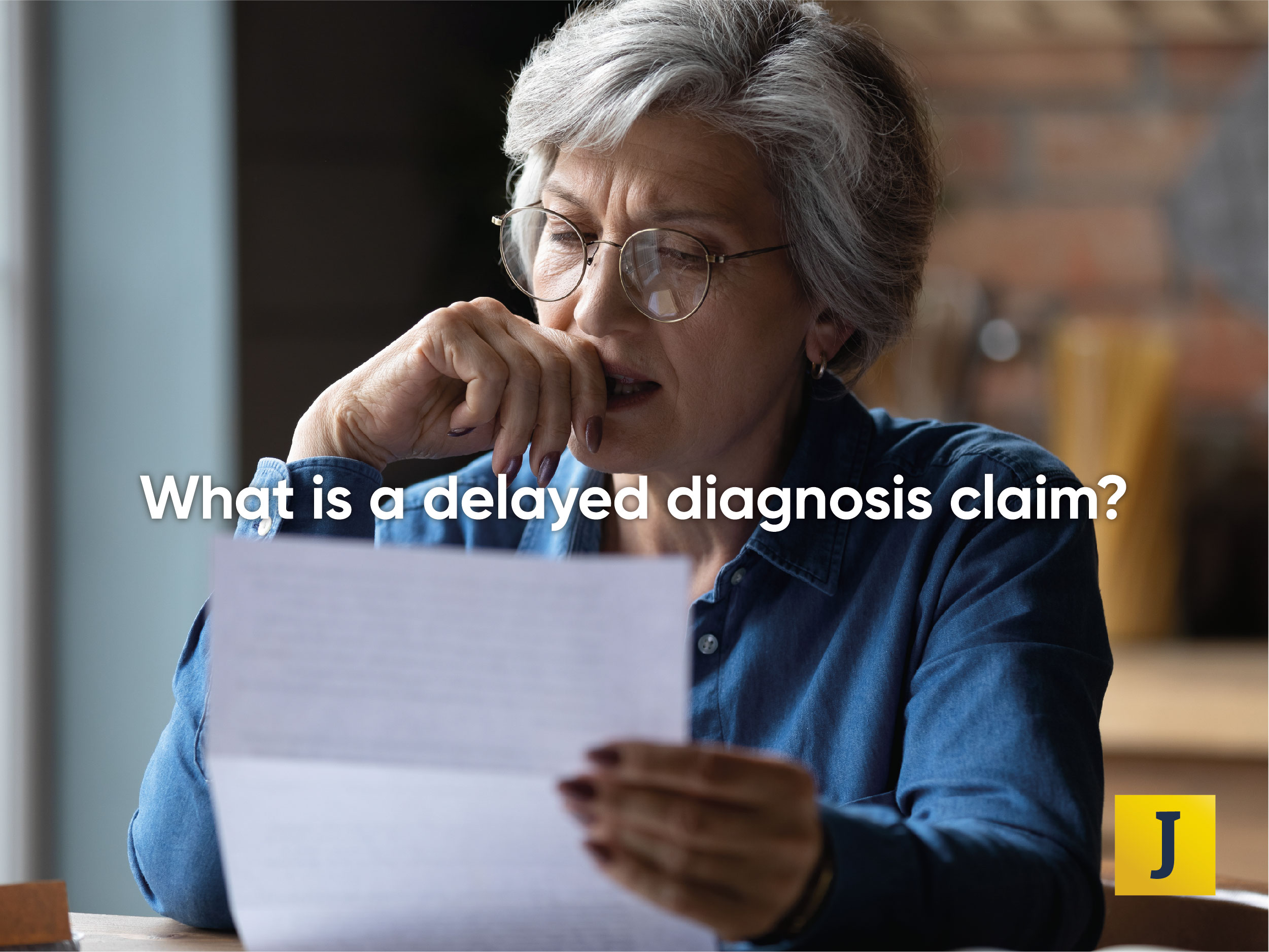A delay in diagnosis has the potential to complicate a patient’s recovery resulting in additional pain and suffering through the exacerbation of their symptoms or, in extreme cases, death. If you feel your illness has worsened as a result of a delay in diagnosis, then you may be entitled to pursue a claim for clinical negligence.
In this article, Benjamin Ho, Solicitor at Jefferies, explains what delayed diagnosis is and how it affects around 2 million people in the UK each year.
What is delayed diagnosis?
Delays have the potential to occur at any time during a patient’s engagement with health services and can arise in the following circumstances:
- during your initial consultation with your General Practitioner when symptoms are not properly noted,
- during your visit to an A&E department where you may be wrongly triaged or sent home without appropriate treatment,
- through clinicians not taking a patient’s symptoms and complaints seriously,
- through a delay/failure to interpret scan and test results,
- through the failure to refer a patient to a specialist.
It should be borne in mind that delays can also occur due to a patient’s reluctance to initially seek medical assistance or simply failing to accurately report their symptoms when they arise.
How many people are affected by delayed diagnosis?
Current NHS figures estimate that around 2 million people every year are affected by either delays in diagnosing their symptoms or delays in transferring their care to an appropriate department. These delays affect individuals undertaking all manner of treatment co-ordinated by health services, with the results of such delays varying depending upon the type of condition that is concerned.
What are the effects of delayed diagnosis?
Whilst delays can be frustrating, they fortunately do not always have a material effect on the patient’s treatment or their symptoms. There are, however, certain areas of medicine where treatment is time critical so the failure of medical personnel to comply with recognised time limits to diagnose symptoms can adversely affect a patient’s prognosis.
One such area is cancer treatment. Following a study, published in Cancer Epidemiology, it was reported that a quarter of cancer patients experienced avoidable delays in obtaining their diagnosis. Many delays resulted from the failure to undertake appropriate pathological screening and testing on patient samples. This can lead to the cancer being identified at a more advanced stage resulting in the requirement of different treatments depending on the speed of the tumours growth.
Whilst a small delay is inherently unavoidable in the treatment of all cancers, it appears that for a significant percentage of patients there are preventable delays. The length of the delay could be the difference between a curative and non-curative cancer diagnosis which would be devastating for those concerned.
Another area of medicine that is time critical is the treatment of heart conditions. Whilst symptoms may be notified to clinicians it may not be the case that appropriate scanning or blood testing is undertaken to establish what the cause of the heart failure is. The result can be problems in determining an appropriate course of treatment. Whilst leaking or weak valves will clearly require very quick investigations to prevent further complications such as strokes, many individuals are able to successfully manage their condition if they are quickly commenced on medication such as Warfarin avoiding the need for invasive procedures like open-heart surgery.
In many cases involving delays in diagnosis, patients have been referred back to their General Practitioners who may not specialise in their particular condition so are unable to coordinate appropriate treatment pathways or escalate their case as necessary.
Have you been affected?
If you do feel you need to consult a legal expert, Jefferies are here for you. With over 25 years’ combined experience in pursuing compensation on behalf of clients who have been affected by delays in diagnosis within the NHS, our Clinical Negligence team are well versed in pursuing all manner of negligence claims.
Find out how you can get help here or get in touch on 01702 443 472.
The contents of this article are for the purposes of general awareness only. They do not purport to constitute legal or professional advice. The law may have changed since this article was published. Readers should not act on the basis of the information included and should take appropriate professional advice upon their own particular circumstances.
